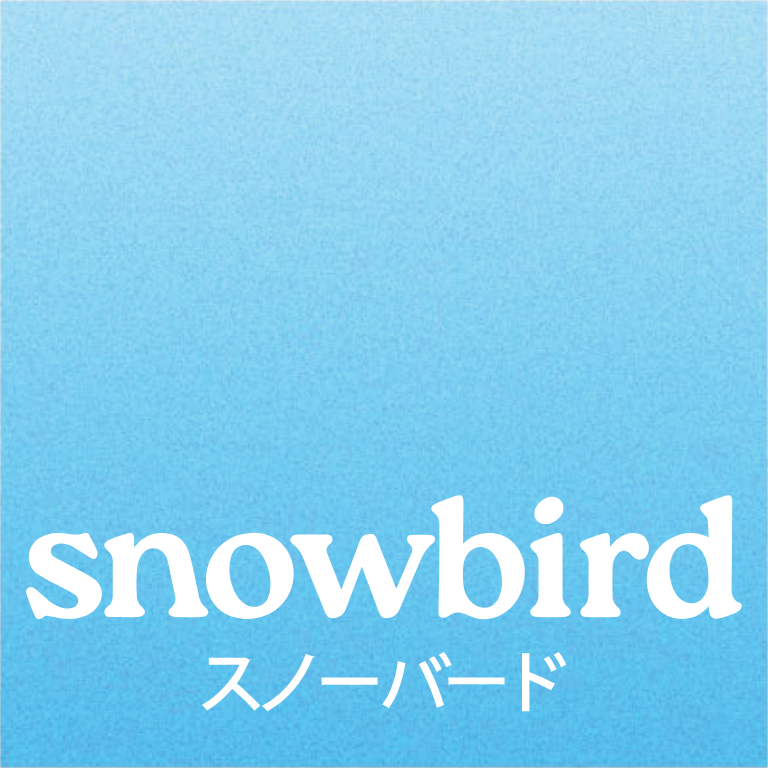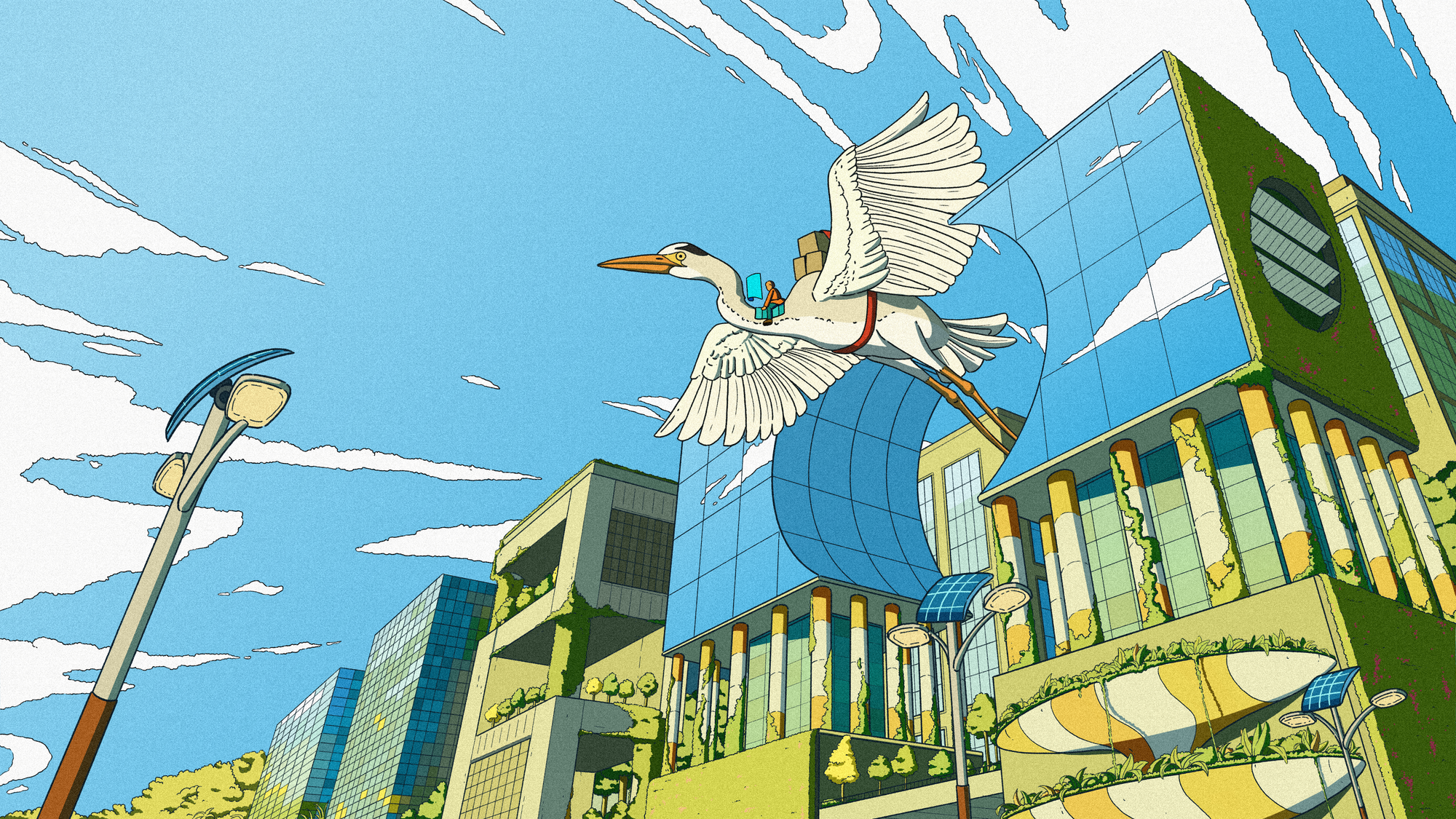One of the biggest concerns of the firms I advise isn’t about harsh external realities, but internal dynamics - the motivation of their people. It’s a complex topic and I write to make sense of things. This 3-part series explores the nature of work and ambition today - taking a global view of it to marry what’s happening in culture with what’s happening in our heads:
Part 3: Another Kind Of Happiness
Fuji Kaze, a Japanese singer-songwriter, is one of my best pop cultural discoveries of the last few years. Last year, he dropped this excellent single, take a few minutes to watch it - doesn’t matter if you don’t understand the language, a lot of it is in English and the video is a viiiiibeeeee.
The song was commissioned as the theme of the FIBA Basketball World Cup 2023 - it’s a far cry from most sports-franchise-themes - not riotous energy like Shakira’s Africa nor does it have an overdose of the spirit of ganbare (loosely translates to ‘go for it’ or ‘do your best’). Fuji doesn’t celebrate ‘working hard’ as much as he acknowledges the various forms work can take - from trash collection to working retail to domestic laundry (love that he included this non-paid labor too) - that we really don’t need to overthink or overdo it. Keep showing up. We don’t have allies or foes here. Work…just…is. We’re chasing nothing, we just are - and that’s enough. (and y’all can choose if you want to call that eudaimonic or daoist)
Sounds nice, right?
The modern condition has us spending an inordinate amount of time working, worrying about how much we’re working and doing different kind of work to sustain the former work. I’d love for work to…just….be.
We expound on the value of wellness without addressing why we are unwell to begin with. Leisure isn’t leisure anymore. It’s recovery from work. Leisure and rest are now conflated. We crave the former but need the latter. So work harder to finally be able to do the former. I have heard so many people, and chances are so have you, use some version of this phrase “Yeah the vacation was nice but really tiring”. I mean LOLWUT?!
We live absorbed by the system; often alienated, poor, indebted by loans, suffocated by rent, without medical coverage… Once in a while people enjoy, perhaps, watching Netflix; going to a concert or shopping. Opium. We need to realize that another kind of happiness is possible; another society; another life more enriching, joyful and linked to nature. We would have to establish what is necessary and what is not.
-Kohei Saito, Philosopher, University of Tokyo
I think Kaze-san has the answer to Saito-san. If work can…just…be - something that doesn’t warrant overthinking or overdoing. Because this other kind of happiness doesn’t come in the form of manifestation boards, grand purchases or epic vacations we finally get to. It comes in everyday decisions. The answer is not a grand question but a much smaller one posed by Confucius :
“How are you living you life on a daily basis?”
The Good Grind
For most white-collar workers - esp those who have been dragged back to their respective offices - the phrase ‘daily grind’ is pure pejorative. And we’ve had a few decades of this - it is just the way things are. Until Gen Z got here.
Over the past year, Gen Z - a generation that documents and shares its world to make sense of it - has been the butt of a lot of jokes - reacting to their posts and tiktoks of processing their own feelings of, not just extreme events like being laid off, but also this very daily grind. Here’s a trending story from Singapore just this week:
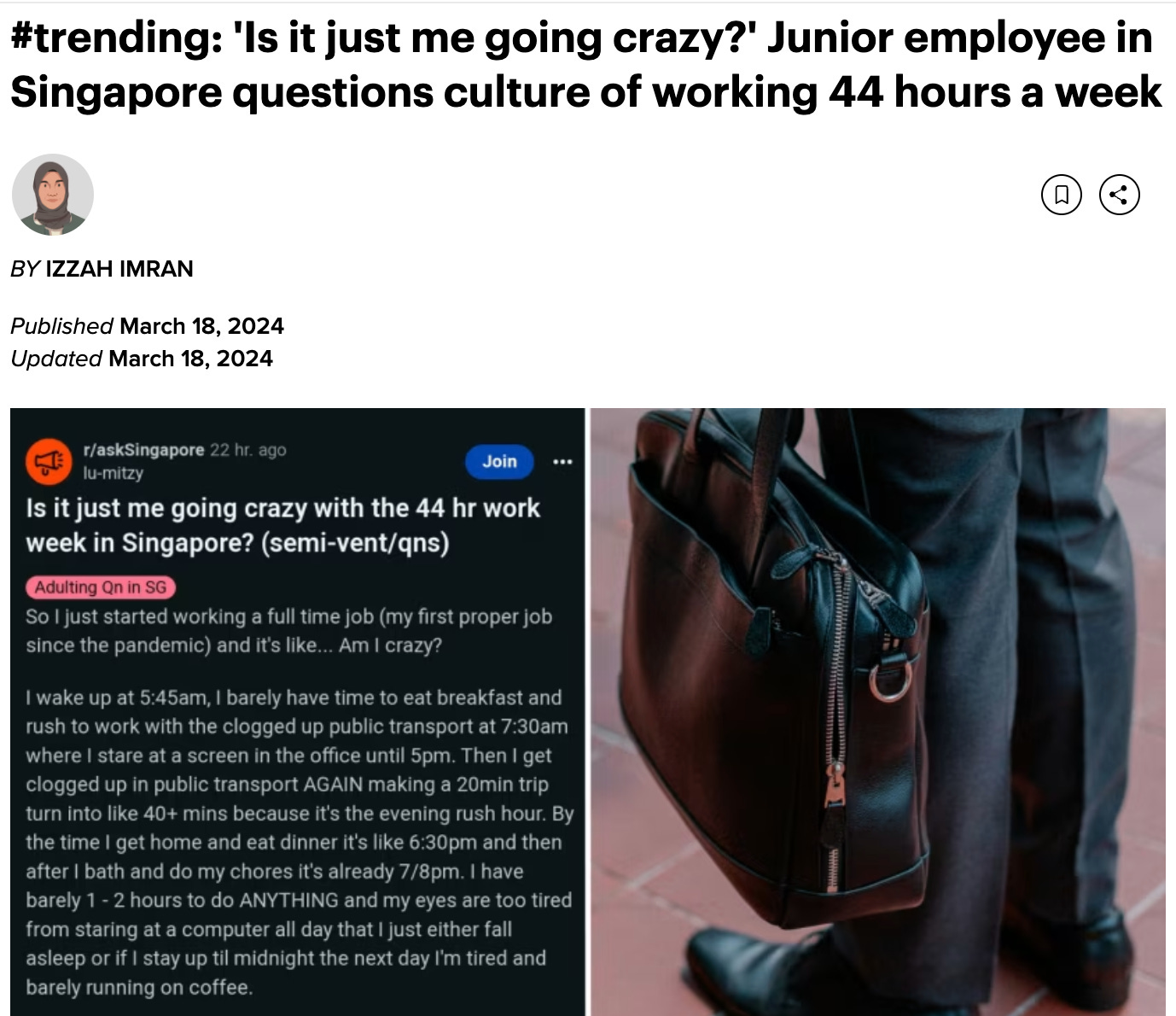
I, for one, welcome Gen Z’s willingness to question what we were all expected to just comply with. Why should they leave their jobs quietly? Why shouldn’t they want more? We work 98 to 57 jobs because at some point in history we just chose to follow the protestant work ethic, and impose it globally as part and parcel of market-based economies. The pandemic brought about a lot of pain but it also made us question…well…everything. So why wouldn’t we question what work does for us and what we do at it?
If you made it this far, chances are you dig what we have here! Subscribe for free to receive new posts and support our work.
What would a good work day look like? The answer will be transdisciplinary - 15-min cities with minimum commute time, more inclusion for caregivers, more safety nets…and on and on. This isn’t a business question, but a societal one - one that will take us a long time to answer, but we have to keep asking the questions. And I’m glad Gen Z has started asking them - on the record.
Governments are taking note - from Australia passed a bill that would give workers the right to ignore calls and messages outside working hours without fear of repercussion to South Korea making a U-turn on their 69-hour working week proposal after a massive youth backlash. So are corporations. But that pace of change will be slower than what we can do for ourselves.
Mellow vibes
Culture is both a mirror to our maladies and a cure for them.
Remember pre-pandemic, Pokemon was associated with frenetic activity of people roaming the city geocaching to catch their favorite creatures on Pokemon Go? The latest cultural package from the franchise is the opposite - “Pokémon Concierge”, available on Netflix, is filled with soothing sights and tones that can help grown-up fans calm down.
“[the protagonist] Haru’s mission at the Pokémon Resort is to relax, and that serves as our invitation to do the same as viewers…Even the Pokémon noises are gently mellowed out in contrast to the coarser, more caterwauling sounds of the games; here the creatures purr, cry, coo and sigh like docile house pets. The show excels at creating the increasingly popular back-seat viewing experience: You can put the series on in the background as you do chores, perhaps even let the episodes play on repeat, just dropping in on the resort and its visitors when it suits.”
New York Times, Jan 2024
In 2023, roughly 100 competitive daydreamers gathered in Tokyo yesterday for their first annual “Space-out Competition”. Heart rates were checked and anyone who laughs, talks or dozes off was eliminated during the 90 min competition.
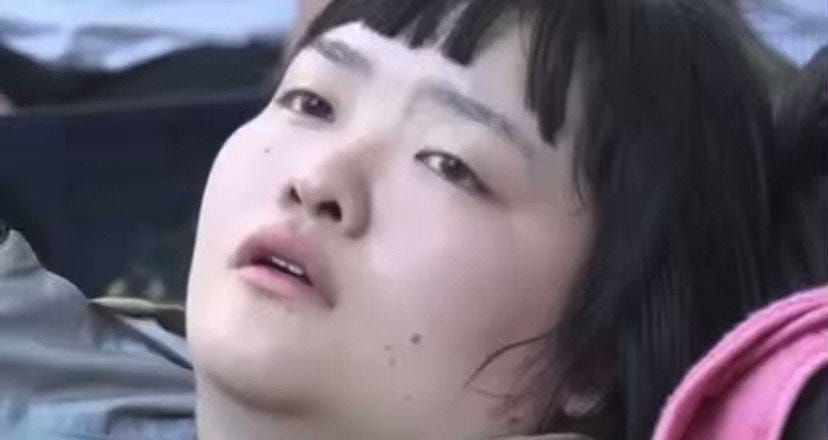
A new and intentionally underemployed labour force is cropping up worldwide. And in some cases there really isn’t a choice. China’s youth unemployment rate reached record highs, so these young adults now are employed as ‘full-time children’, paid by their parents to do chores. Another marker found on the anglophone internet was a slow shift away from #GirlBoss to #LazyGirlJobs. In an interview the creator of the hashtag Gabrielle Judge answers how she got the idea:
“A lot of my earlier content was traditional career advice, like resumé creation and job interview tips. Then, in January of last year, I started thinking about how I could create a message that would be easily digestible on TikTok. I wanted to take the lazy-girl trend and use it to discuss how Gen Z could have a better relationship to work than our predecessors did. Whenever I’d brought up that kind of thing in the past, people in the comments had called me lazy. This time, I decided to own it.”
Unbundling Identity
Thousands of layoff-triggered posts have flooded LinkedIn since last year - a familiar pattern emerges - a photo of an office badge, company-logo-emblazoned schwag, laptop with company stickers, a long break-up note, an outpouring of support. It’s open season for vulnerability. The insight is that it was hard for people not just because of the sudden nature of the layoffs, but the difficulty to disassociate their own selves from their employers. Again with the blurring of lines - an internal compass blending into an external signifier. And each of those posts had people reassessing where they go from here. Who they really are? What do they care about?
But not just them - the people who were still left behind in each of those companies did the same. It was a moment where collective culture woke up and said “maybe i should figure out what I am all about before this strikes me”. Early in 2023, once the Google layoffs were behind us, a friend of mine checked-in on me “are you at least relieved you weren’t on the list?” And without even thinking I blurted out “it feels like witnessing the Thanos snap, no one was really relieved even if they survived.”
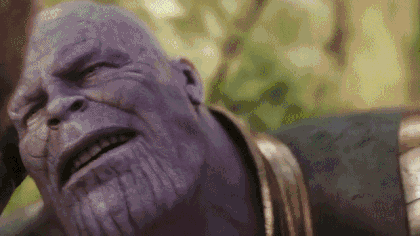
In many ways, the great resignation of 2021, the disenchantment and ‘quiet quitting’ of 2022 and the great labor shedding of 2023-24 are all chapters of the same story - prompting more people than ever to unbundle their identity from their work. Contemporary office work brings us so much, way beyond the pay and the snacks - it brings us a companionship, a sense of purpose, competence. But when those are in short supply (see part 1 and 2), it can be very difficult to work within the system while striving to make it work for us (watch my friend Julio break this down at an incredibly personal level).
I remember reading this interview of Taika Waititi where he was asked how he spends his time - the interviewer was expecting a funny answer peppered with all the great projects he’s thinking of, but Taika delivered this nugget:
“…there’s more to life than film. There’s more to life than being in the entertainment industry. You think it’s going to be so cool — what a great life it’s going to be in show business. Hollywood is just sad people eating lukewarm food out of cardboard boxes in offices with windows looking on other offices.”
Yet, Taika needs Hollywood to do what he’s good at, to do what he loves to do. There’s a way to reimagine the system through an honest recalibration of our day-to-day.
There’s a fascinating study that just came out by Winnie Yun Jiang of INSEAD and Amy Wrzesniewski of Wharton. They studied people who are facing massive professional destabilization - journalists - and the different coping strategies. The two main approaches that people took drew from their perception of the meaning of their work. Some individuals view the meaning of their work as fixed within their current occupation and try to preserve their careers, while others see it as flexible and transferable to other occupations and choose to reinvent their careers. This difference in perception led to different cognitive, emotional, and behavioral responses to any sort of occupational destabilization. It’s the difference between introducing yourself as “I’m a journalist” instead of “I work in journalism”. The former ties your identity closer to work while the latter sees a distinction between your skills and your employment - what you perceive the meaning of your work to be.
Heaven, Earth and the smart rookie
Finding our place in a system, it can seem near impossible to imagine an existence outside of it. To affect everyday decisions we need to believe in agency, and that becomes the hardest part - because we often assume the entire system needs to be overhauled for our day to change. Here, I turn to Xunzi, a third century B.C. confucian philosopher for some advice:
Heaven and Earth gave birth to us.
We give pattern to Heaven and Earth…
without us, Heaven and Earth have no pattern.
We made the world we inhabit. Therefore we have the power to change it. The opposite of vertical ambition isn’t destitution. The opposite of a grueling grind isn’t dropping out of it entirely, it’s slowly reimagining it one decision at a time, and adding one more day to the streak. In an interview with design legend Debbie Millman, one of the hosts Elizabeth Talerman calls this the “practice of practice”. I love their whole ‘Smart Rookie’ series - you should check it out - it celebrates wildly winding paths rather than tidy straight lines of career building. They talk about what it takes to put yourself back in the rookie seat at various points of your career - of resetting something, or dabbling in a new direction, of saying no to an obviously great opportunity - and how there’s a range of appetite to do this - from the Reluctant Rookies and the Dive Right-In Rookies. But irrespective of where they fall on the spectrum, they allowed themselves to morph into something new by finding tiny bridges from their past into the future, while optimizing for the present.
Optimizing for the present
Our lives aren’t lived linearly. Transformations occur regularly. I became a different person when I moved to Singapore. I became a different person when I was almost let go in my second year at Google. I became a different person when my daughter was born. There is no 5-yr career plan that could have predicted those. Everybody’s grand plans - career or otherwise - were disrupted by the pandemic. And now uncertainty has established itself a feature of our world and not a bug. No wonder Gen Z, who lost some of their most formative years to a shut-in pandemic, value happiness and the present more than anything else.
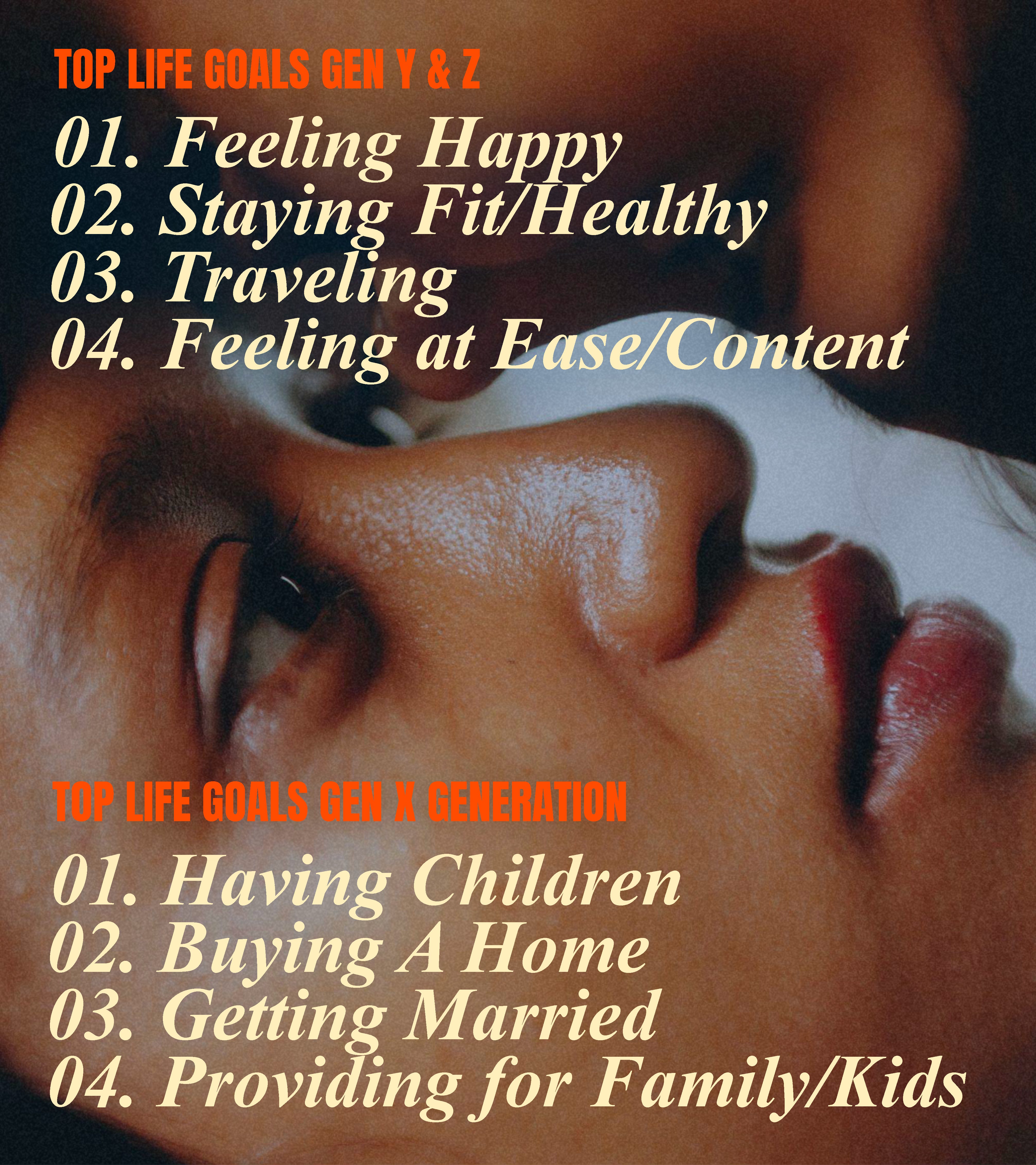
One of the best books I read last year was ‘The Path’ by Prof Michael Puett and Christine Gross-Loh. In it they share an alternative view of the world through the lens of eastern philosophy. They share how the usually individualistic eurocentric way of thinking“I can be anything I want to be” can lead to a gap between expectations and reality. Instead they suggest a“I don’t know yet what I can become” way of thinking. That makes uncertainty part of the package rather than something to rail against. It says you don’t know many things and it’s OK to go find out - it incentivizes experimentation and requires little commitment to certainty.
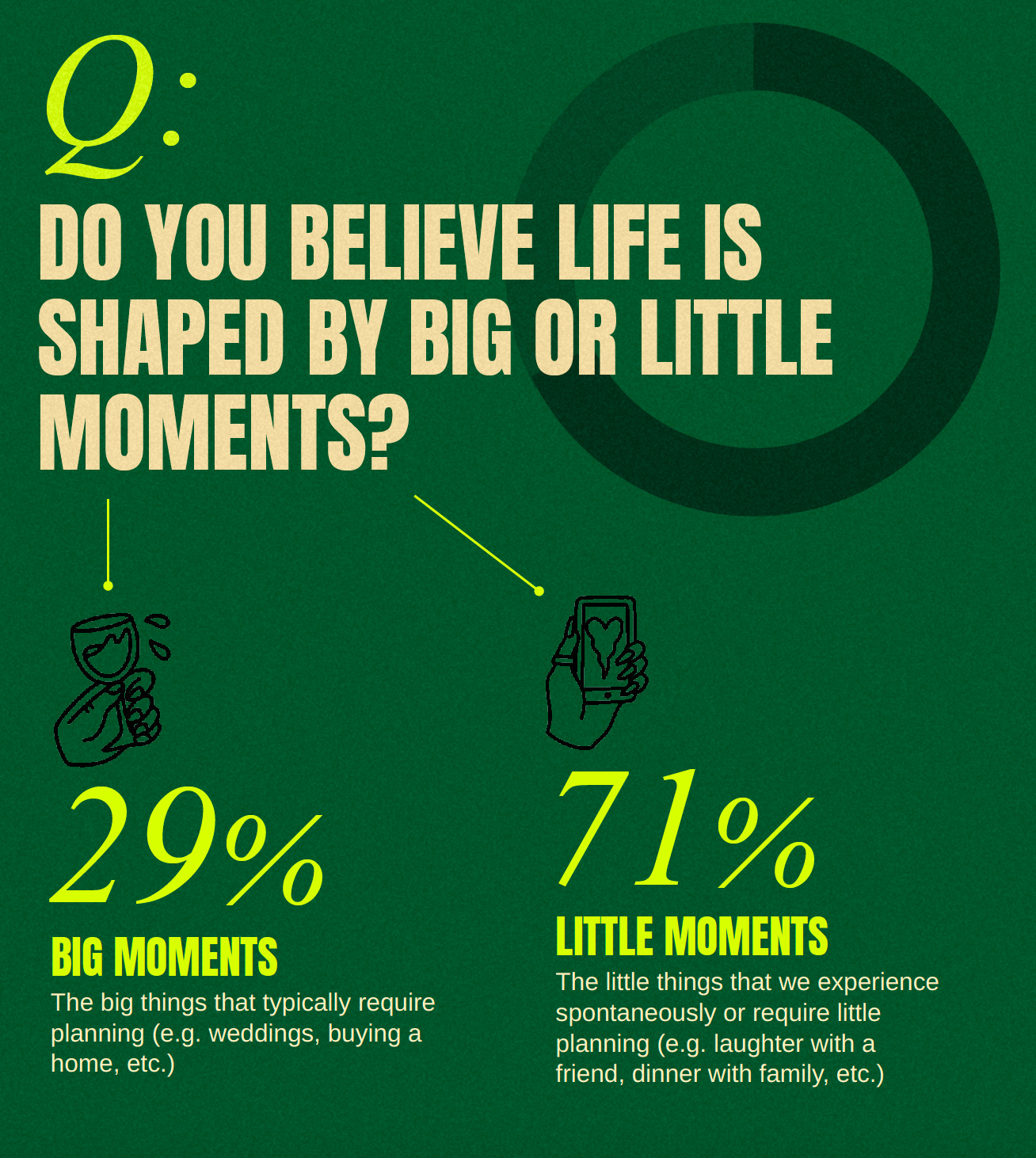
What will today look like?
The last few years I spent at Google were the most professionally rewarding years of my career in terms of tangible impact on a business. I was able to shape bold new strategies, re-haul ways of measuring impact and rally an entire region to take it to market at a scale never seen before. I’m so proud of the work and the team. I’m equally proud of another thing that happened during the same time. That my now-four-year-old daughter has woken up every single day of her life with her dad at home - despite business travel coming roaring back post-pandemic. I’m sure it has no bearing on her nor is this about anything as grand as parenting or business travel philosophies - it’s who I wanted to show up as. It was entirely a selfish decision - and not one that was set to make some dramatic statement, even to myself. It was made one day after another. It was my practice and I wanted to add another day. (PSA: I’m not some “habits/rituals/stoicism Broseph”, so please do not think of this as yet another expectation you set for yourself only to feel worse about your day)
In one of my favorite scenes in one of my favorite shows of all time Avatar: The Last Airbender (Yes the original animated one on Nickelodeon, no, not the blue people, no, we don’t talk about the ghastly M.Night Shyamalan abomination, and yes the new Netflix live-action is good but let’s focus on the OG show for now) the character of Zuko is going through a much deeper existential struggle than most of us will ever go through - the expectations he has placed on himself vs his true self and desire. His uncle asks him this question “Who are you? And what do you want?”
As much as I’d like it to be life is not a TV show and the stakes are almost never that high - but Veena and I often recall the scene and ask each other this question. The much lighter and easier question is “Who are you today? And what do you want today?” The first day back in the physical office I decided to be the person who is home by 5:30 that day and puts my kid to bed. Then I did it the next day. And the next.
[sidebar: caregiving work is work - it doesn’t get counted in GDP numbers but we won’t have any P in the GDP if for every person working in an office there wasn’t another one handling the domesticity and caregiving of the young, the old, the sick and the vulnerable.]
The other practice was sending this newsletter. Since 2017, I’d been sending an internal newsletter to tens of Googlers titled ‘Five Friday Finds’ - five links about culture & tech - then in 2019 it became big enough to warrant its own google group. If I was working that week, I’d send the newsletter. I was strangely committed to this. It was my practice. In late 2023, I decided to open it up publicly. That first week I wanted to be the guy who shared an interesting lens to make sense of the world we live in. And then the next week. And the one after that. Throughout even the most stressful weeks at work, I would look forward to packaging up all these curiosities I’ve found. Finding those nuggets all week kept me close to the thing I love: culture - no matter what inane petty inconsequential BS was happening at work.
I wouldn’t have decided to set up my own advisory practice if it hadn’t been the practice of this newsletter.
One of the thinkers who has been a balm to my soul the last few years has been Oliver Burkeman, author of the excellent book Four Thousand Weeks - he meant this statement below to be about productivity but it’s really about how we show up today, this very day.
“in the end, the reason actually doing things matters so much isn’t because it’s the right way to raise a successful adult, complete a novel, or achieve some other beneficial future goal. It’s because you’ll be using a bit of your actual time on the planet to live how you want to live.”
Institutions, corporations, governments, the culture of work - all of this will continue to churn in and out of cycles of self-reflection, mutation, correction and even pushing us into abject misery. But once we acknowledge that we are part of this messy ecosystem and we too have some degree of agency, maybe the best course of action is to act on the same question Confucius posed “How are we living our lives on a daily basis?” And do it another day. And another.
Phew! That was a lot. But that’s what writing does - a technology that helps us make connections when none were apparent in our little heads. I’m very grateful you chose to spend some of your attention with my process through this.
🙏🏽🙏🏽🙏🏽Would you do me a solid and pick a quote or a paragraph and share it with your network(s)? 🙏🏽🙏🏽🙏🏽
